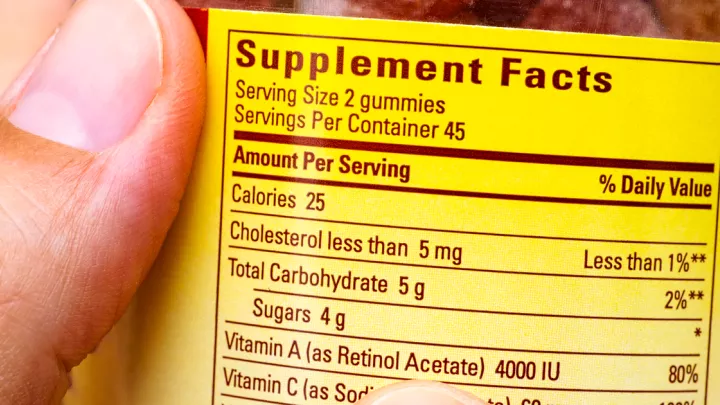Acetaminophen and ibuprofen: When they're safe and when they can cause harm

Over-the-counter pain relief medications are widely accessible these days. We reach for them when we have aches, pains, fever or inflammation. Although they seem like an easy on-hand solution, are they always a good idea? Let's take a closer look.
Acetaminophen and ibuprofen – what's the difference?

While both medications can be helpful, it's important to know the difference. They belong to different classes of medications and function differently in our bodies.
Acetaminophen
Acetaminophen helps to reduce fever and pain but does not affect inflammation. Belonging to the analgesic class of medication, acetaminophen is believed to activate serotonin inhibitory pathways in the central nervous system to relieve pain. It works against our body's heat-regulating center in the brain to reduce fever.
Ibuprofen
Belonging to the nonsteroidal, anti-inflammatory (NSAID) medication class, ibuprofen helps relieve pain and reduce inflammation. The belief is that ibuprofen works to inhibit cyclooxygenase-1 and 2 enzymes. This leads to reducing inflammation.
The potential risks of acetaminophen and ibuprofen
There are risks to using either medication improperly. "Taken too often, at high doses or combining them with other medications or substances can be harmful," says family physician resident Beau Condie, DO. "Always follow the label instructions unless your doctor directs you otherwise. Talk with your doctor about any medications you are taking to know if there are possible interactions."
Acetaminophen
"For those without severe liver disease, acetaminophen is relatively safe when taken as prescribed," adds Dr. Condie. "Safe alternatives for treating aches and pains also include resting, icing or applying heat to the affected area. For those with chronic pain, often increasing gentle exercise can reduce the need for higher doses."
Potential acetaminophen risks:
- Risk of liver damage when taken in higher doses than prescribed
- Possible medication interactions, such as with the anticoagulant warfarin. Acetaminophen can enhance its blood-thinning effects
- Mixing acetaminophen with alcohol can increase the risk of liver damage
Ibuprofen
Typically, avoid taking ibuprofen for more than 10 days unless directed by your doctor. "As with other common medications, there are many possible medication interactions," explains Dr. Condie. "You should visit with your doctor or pharmacist to discuss any possible interactions that could occur."
Potential ibuprofen risks:
- Potential for sudden kidney damage that can compromise existing kidney function
- Increased risk of serious gastrointestinal inflammation, ulceration, bleeding or perforation
- Possible increase risk of heart attack, heart failure or stroke
- Potential increase in blood pressure. Taking ibuprofen with blood pressure medications such as ACE-inhibitors and ARBs may interfere with kidney function
- Potential increased risk of bleeding if you are on anticoagulation medication such as warfarin
- Mixing with alcohol can enhance ibuprofen side effects. Risks include stomach or intestinal bleeding
- Those with impaired kidney function, who are dehydrated, have heart failure, are taking diuretics or have liver disease are at greater risk
Quick tips for safe use of acetaminophen and ibuprofen
- Always read the medication instructions as pill strength can vary
- Do not take more frequently or higher doses than recommended
- The minimum dose for the minimum amount of time is always safer
- Visit your doctor if the recommended dose is not improving your symptoms or if your fever is not responding
- Ensure your other medications (such as cold or flu medicine) do not contain additional acetaminophen
- If you suffer from chronic illnesses involving the heart, kidneys, liver or have ever had a gastrointestinal bleed, speak with your doctor to see if ibuprofen is safe for you
Acetaminophen and ibuprofen are generally safe when taken as directed, but considering your overall health picture is wise. Stay mindful of any potential risks or interactions when treating yourself and your family at home.







